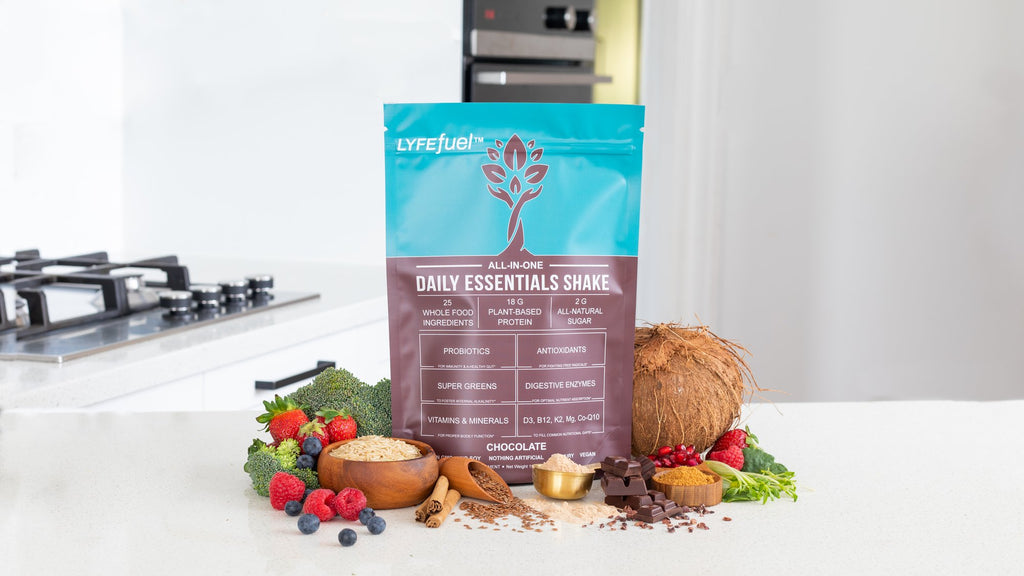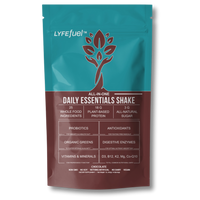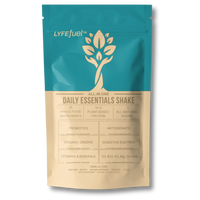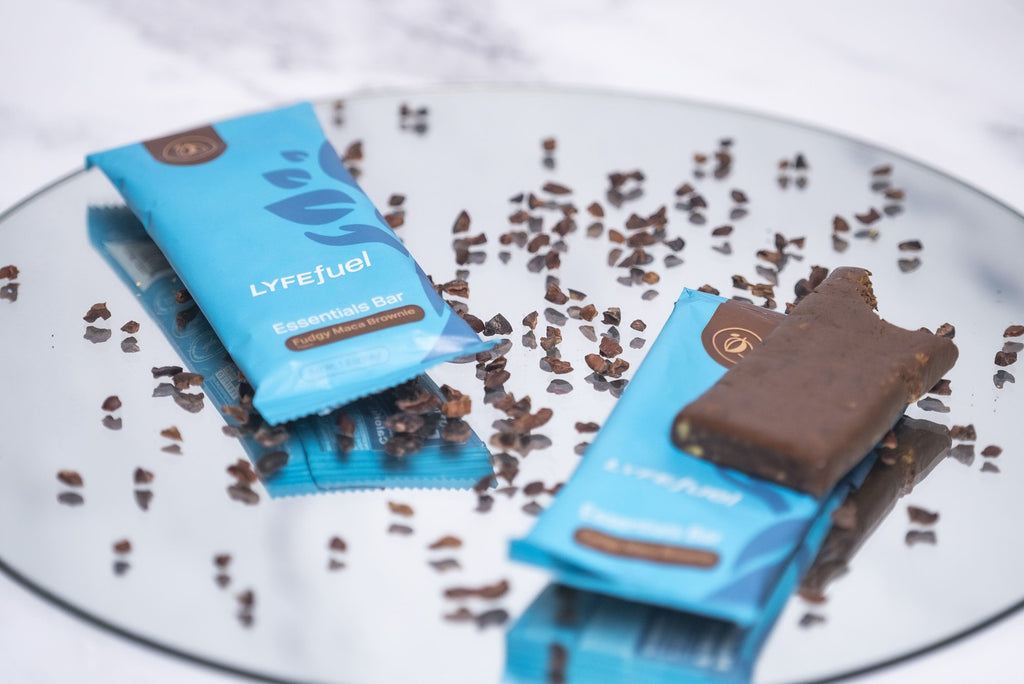Your Cart Is Empty,
But Your Potential Is Full
An empty cart is a missed opportunity. Seize the day and fuel your body with the nutrients you need to be at your best!

Designed for health-conscious individuals seeking to optimize metabolic function and fill nutritional gaps with a comprehensive blend of bioavailable plant protein, superfoods, vitamins, minerals and more!

- Nutritionally Complete Super Meal
- 50+ Superfoods, Vitamins & Nutrients
- 18g Complete Plant Protein
- Keto & Vegan Friendly
- No Soy, No Gluten, Non-GMO

Designed for health-conscious individuals seeking to optimize metabolic function and fill nutritional gaps with a comprehensive blend of bioavailable plant protein, superfoods, vitamins, minerals and more!

- Nutritionally Complete Super Meal
- 50+ Superfoods, Vitamins & Nutrients
- 18g Complete Plant Protein
- Keto & Vegan Friendly
- No Soy, No Gluten, Non-GMO

Elevate your on-the-go nutrition with the Essentials Bars – the perfect fusion of taste and wellness, delivering protein, superfoods and essential nutrients whenever and wherever you need them most.

- Made from 100% Whole Foods
- Excellent Source of Fiber
- Curbs Hunger Naturally
- Paleo & Vegan Friendly
- No Soy, No Gluten, Non-GMO

Elevate your on-the-go nutrition with the Essentials Bars – the perfect fusion of taste and wellness, delivering protein, superfoods and essential nutrients whenever and wherever you need them most.

- Made from 100% Whole Foods
- Excellent Source of Fiber
- Curbs Hunger Naturally
- Paleo & Vegan Friendly
- No Soy, No Gluten, Non-GMO

A unique blend of adaptogenic mushrooms & ancient medicinal herbs to help slow down, quiet the mind, and reduce restlessness. Calm is formulated to put your mind and body at ease for a more chilled out demeanor.

- Organic Mushrooms & Herbs
- Quiet the Mind
- Reduce Restlessness
- Avoid Burnout
- 100% Real Whole Foods

A unique blend of adaptogenic mushrooms & ancient medicinal herbs to spark creativity, improve focus, and reduce brain fog. Helps you get your head out of the clouds and focus on what’s important.

- Organic Mushrooms & Herbs
- Spark Creativity
- Reduce Brain Fog
- Improve Focus
- 100% Real Whole Foods

A unique blend of adaptogenic mushrooms & ancient medicinal herbs shown to support natural cellular energy, improve stamina & reduce fatigue. Helps to kickstart your day or break out of the mid-afternoon slump.

- Organic Mushrooms & Herbs
- Maintain Consistent Energy
- Reduce Fatigue
- Improve Stamina
- 100% Real Whole Foods

Elevate your shake experience with the BOLDE Bottle — our plastic-free shaker bottle that keeps your shake fresh, cold & delicious, sip after sip.

- No Risk of Permanent Odor or Bacteria
- Backed by Our Lifetime Warranty
- Includes Silent Mixer & Leak Free Cap
- Certified 304 Pro Grade Stainless Steel

A unique blend of adaptogenic mushrooms & ancient medicinal herbs to combat stress, regulate hormones, and reduce anxious thoughts. Balance is formulated to help you adapt to the ups and downs of an unbalanced world.

- Organic Mushrooms & Herbs
- Regulate Hormones
- Reduce Overwhelm
- Boost Adaptive Capacity
- 100% Real Whole Foods
Your cart
Customers Also Purchased

Designed for health-conscious individuals seeking to optimize metabolic function and fill nutritional gaps with a comprehensive blend of bioavailable plant protein, superfoods, vitamins, minerals and more!

- Nutritionally Complete Super Meal
- 50+ Superfoods, Vitamins & Nutrients
- 18g Complete Plant Protein
- Keto & Vegan Friendly
- No Soy, No Gluten, Non-GMO

Designed for health-conscious individuals seeking to optimize metabolic function and fill nutritional gaps with a comprehensive blend of bioavailable plant protein, superfoods, vitamins, minerals and more!

- Nutritionally Complete Super Meal
- 50+ Superfoods, Vitamins & Nutrients
- 18g Complete Plant Protein
- Keto & Vegan Friendly
- No Soy, No Gluten, Non-GMO

Elevate your on-the-go nutrition with the Essentials Bars – the perfect fusion of taste and wellness, delivering protein, superfoods and essential nutrients whenever and wherever you need them most.

- Made from 100% Whole Foods
- Excellent Source of Fiber
- Curbs Hunger Naturally
- Paleo & Vegan Friendly
- No Soy, No Gluten, Non-GMO
Have an account? Log in to check out faster.
